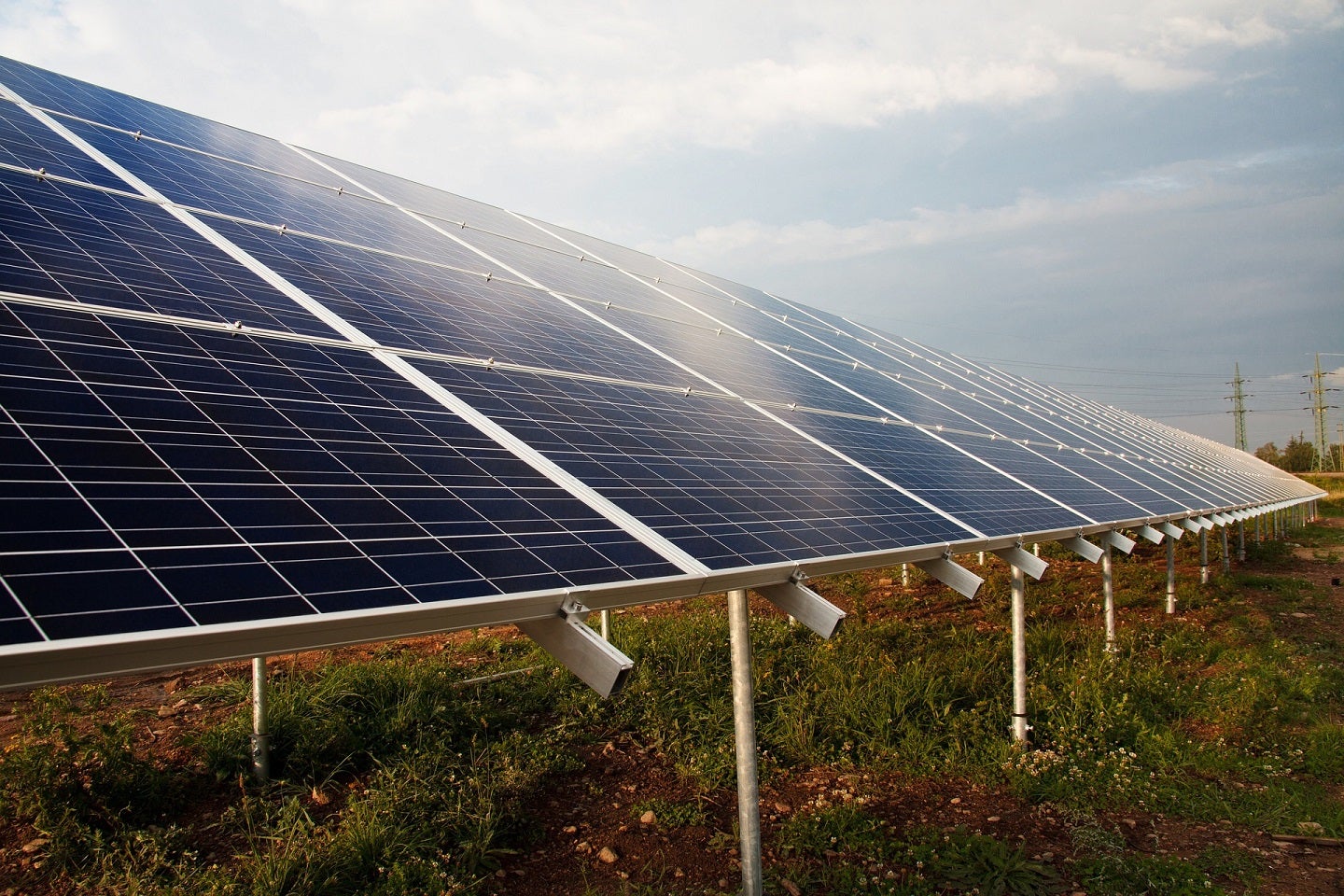
India-based fast food restaurant holding firm Westlife Foodworld has committed to achieving global net-zero greenhouse gas (GHG) emissions by 2050 or sooner, reported Equity Bulls.
The company intends to do this through its commitment to the Climate Neutral Now programme.
The Free Press Journal reported that in the fiscal year 2024, the firm aims to install rooftop solar panels at 30% of its new food restaurants.
Westlife Foodworld (earlier known as Westlife Development) is the owner and operator of McDonald’s restaurants in the western and southern parts of India. The firm claims to have reduced its carbon footprint by 16,308t over the last two years by preserving 19.58 million units of power, equivalent to planting 749,086 saplings.
The firm’s reduced dependency on non-renewable energy sources aids in conserving electricity and cutting CO₂ emissions by hundreds of tonnes.
Westlife Foodworld vice-chairperson Smita Jatia said: “We are committed to a lower carbon footprint, achieved through increased recycling and reuse of materials, use of renewable energy and reduced consumption.
“We recognise the critical role that businesses must play in addressing climate change and we are proud to walk the talk. With each step, we are becoming stronger in our fight against climate change.
“We look forward to continuing our efforts towards a greener future and to serving our customers with delicious and sustainable food.”
Westlife stated that its commitment to sustainability extends beyond resource conservation initiatives. It has removed single-use plastics from customer-facing packaging. It also uses LED lighting and OATS (order assembly table set) to improve energy efficiency at its existing food outlets.
The cooking oil used at the company’s restaurants is also converted into biodiesel.



